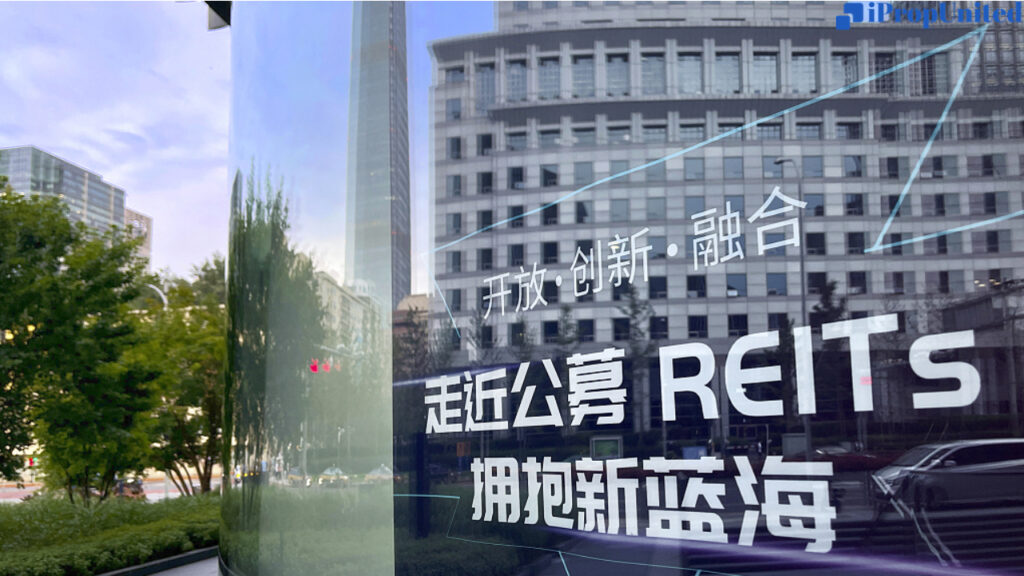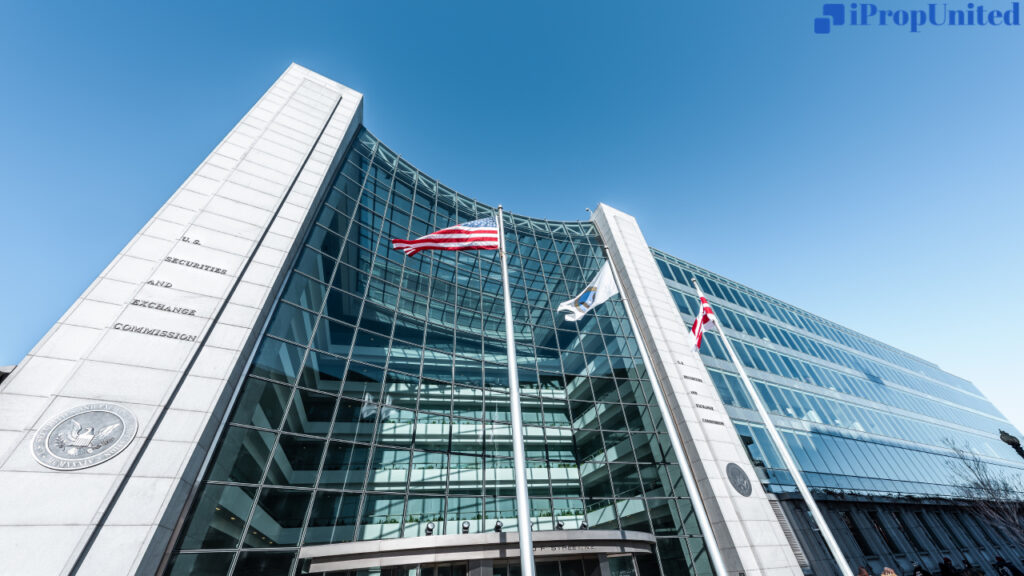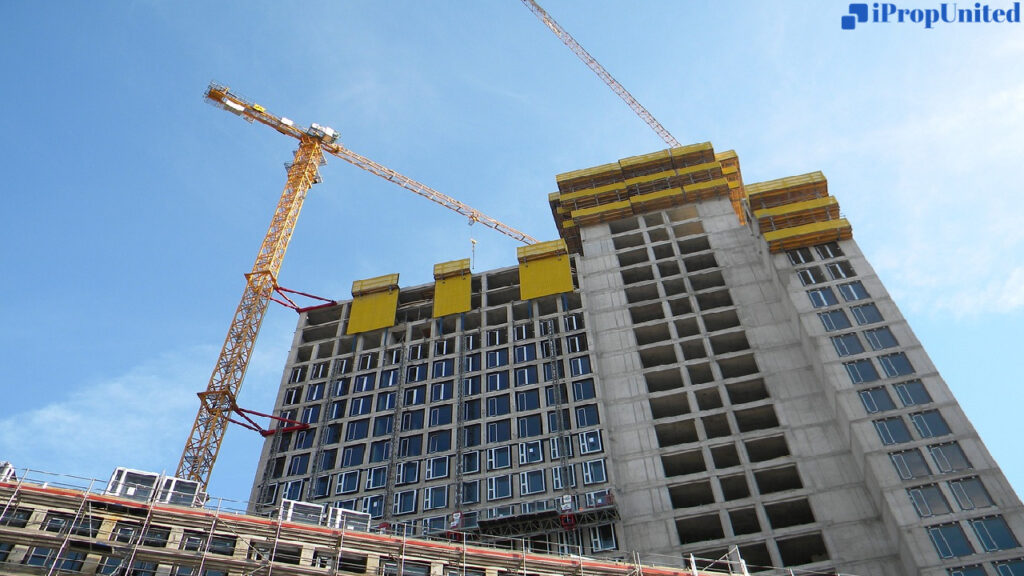GV Rao, president of Telangana Developers Association, criticizes the conception and administration of Dharani, attributing the halt in real estate development to its discretionary practices. He argues that keeping properties in the prohibition list infringes on the legal and fundamental rights of the people.

HYDERABAD: The Dharani web land portal has left 18 lakh acres without Pattadar passbooks, causing concern among urban planners and experts. The prohibited list on the portal has led to 16 lakh acres in Hyderabad Metropolitan Development Authority districts, including Rangareddy, Medchal Malkajgiri, and Sangareddy, lying idle, raising worries about the underutilization of a significant economic resource.
Despite the state government launching the Dharani land portal three years ago, pattadar passbooks for the mentioned acres have not been issued. This has resulted in genuine landowners facing difficulties in selling or buying their properties, prompting them to seek corrections and removal from the prohibited list.
Last year, after widespread protests by farmers, the revenue department removed about 2.5 lakh acres from the prohibited list, following clearances from district collectors. However, many individuals, like Thadakamalla Sharath and S. Chalama Raju, continue to struggle to rectify errors in revenue records and remove their plots from the list.
The impact of Dharani’s issues extends beyond individual grievances, affecting real estate development in Hyderabad and surrounding areas. Urban planners emphasize the need to address Dharani problems promptly, as certain land pockets remain undeveloped, causing the government to lose out on registration charges, development fees, and other taxes.
GV Rao, president of Telangana Developers Association, criticizes the conception and administration of Dharani, attributing the halt in real estate development to its discretionary practices. He argues that keeping properties in the prohibition list infringes on the legal and fundamental rights of the people.
Facing a backlog of 2.3 lakh applications, many related to prohibited land and properties, citizens urge the Congress government to resolve Dharani-related issues urgently. Advocates highlight various glitches in the portal, such as pattadar passbooks not being issued for disputed land and the lack of provisions for land extent correction and classification correction.
Despite attempts by the previous government to address Dharani glitches, only a small percentage of applications were cleared. B Sunil Kumar, a member of the Dharani committee, points out 46 problems in the portal, including issues with land classification, acquisition-related listings, and outdated owner information. The need for comprehensive solutions to these issues remains a pressing concern for those affected by Dharani’s complications.
Follow and Connect with us: Twitter, Facebook, Linkedin, Instagram













